APS-C vs Full Frame Sensor Cameras
APS-C vs Full Frame sensor cameras is likely one of the biggest debates in photography. It is touched on again and again, and not understood by many entry level photographers. Looking at the question raises a lot of other questions like depth of field, dynamic range, field of view, sharpness, and ISO noise.
What Does Crop Sensor Mean
APS-C, or crop sensor refers to the sensor size in your camera. Full frame means a sensor equivalent to the size of 35mm film. 35mm film became the standard by the Motion Picture Patents Company and that set the standard in photography. When digital DSLR cameras entered the field, full frame was the standard for professional photographers. The crop sensor was used in entry level cameras to keep the cost down, smaller sensors cost less. APS-C (crop) sensor sizes vary between manufacturers. For example, Canon crop sensors have a 1.6x crop sensor factor and Nikon sensors crop factor is 1.5x. What that means is a Canon APS-C is 1.6 times smaller that a full frame sensor and the Nikon DX is 1.5 times smaller than full frame.
Deciding Which Body to Purchase
When choosing a camera, what really makes a difference is what kind of photography you intend to do. Sports Photographers and wildlife photographers tend to like the higher end crop sensor cameras, while portrait and landscape photographers seem to prefer the full frame. Another thing to consider if you are replacing or upgrading your camera is lens application. If you are currently using a compact sensor camera and are using the lens(es) that are designed for crop sensor, you cannot use them on a full frame body. You can however use a lens designed for full frame on a crop sensor body. Many people that are considering a move up to full frame will preface that by purchasing quality lenses that are full frame mount so the transition cost is not so painful.
For example Canon L Lenses are very high quality “glass” and can be used on crop sensor bodies like the Canon 7d Mark ii (soon to be updated to the Mark iii.)
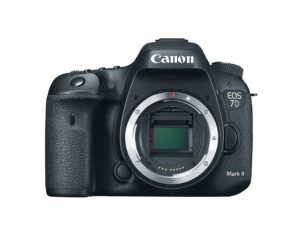
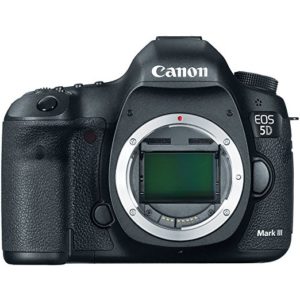
L Lenses are designed to be used on full frame cameras like the Canon 5d Mark iii (Mark IV has just been released)
These two cameras are very good cameras, which I will write about in another post. These are at the higher end of the spectrum. You can buy an entry level crop sensor for a few hundred dollars where as the full frame cameras are in the thousands. The price point generally will lead a new photographer to the crop sensor. Personally I use a 7d Mark I and am headed towards an upgrade. Whether I will go full frame or not is at this point undecided. There are a lot of factors involved in that decision. There are a lot of professional photographers that have both APS-C and full frame because each has it’s advantages. The fact that high end lenses can be used on both bodies makes that a viable option.
How Sensor Size Affects Images
Field of View
Now it gets interesting. Crop sensors have an effect on the images in more than one way. Likely the biggest and most noticeable difference is the zoom factor. With the crop sensor being smaller, the image is virtually zoomed by the crop factor. For example a Canon crop sensor will using a 100mm lens produce an image that is equivalent of a 160mm lens on a full frame camera. Nikon will have the same effect but coming in at 100mm and 150mm due to the 1.5x crop factor. This happens because the sensor is smaller, so the subject will fill the sensor more on a crop sensor. APS-C sensors capture a smaller portion of the image coming through the lens.
One reason sports and wildlife photographers tend to gravitate to the crop sensor cameras is the crop factor. They are getting the benefit of a zoomed or “cropped” image. Consider editing an image and cropping it down to s smaller size, That is essentially what is happening with an APS-C sensor vs full frame. Personally that is where I am on the fence. I do a lot of landscape, but I also tend to zoom my 16-35mm lens quite often. I am gaining 1.6x already with my APS-C, I am not sure I want to lose that.
Depth of Field
Depth of field (DOF) is also affected by sensor size. This is shown in a DOF calculator.
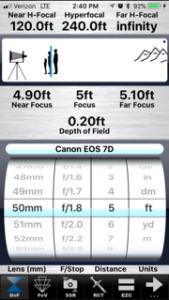
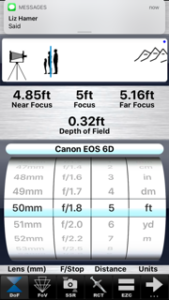
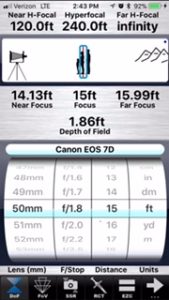
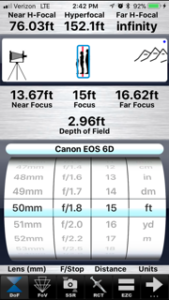
You probably know that DOF changes with different focal lengths on your lens. Consider the DOF or a 16mm lens vs a 200mm lens. The 16mm has a much greater DOF. When we consider the crop factor and know that a 100mm lens on a Canon crop sensor is the equivalent of 160mm on a full frame we can realize that the crop sensor is going to have a narrower DOF at the same distance from the subject. If you were to change the lens to create an equal subject size between these two cameras you would find that the DOF is still not the same. This is because the field of view changes with different lens focal lengths.
So, clearly there into a lot of math and equations involved to explainthis in detail. That is not the intent of this post, in fact, an entire article could be written just on this factor. While bokeh and DOF are not the same thing, the bokeh is affected for the same reason, different virtual focal length behavior in the crop sensor.
Dynamic Range and ISO Performance
Dynamic range will be better on a full frame compared to an APS-C camera with equivalent megapixel count. This is simply because the larger sensor will have larger pixels, which allows the sensor to capture more light. That means capturing the full brightness of a scene with areas of shadow and brightness, creating a higher dynamic range. The larger pixel size also reduces electronic noise, or ISO noise.
Which Is Better?
That is a lot of information, and sadly really just scratches the surface. Hopefully this will give a basic understanding of the difference between the two sensor sizes. There are many things to consider in choosing your camera. For many of us, price is a major factor. Other people focus on where they will use it for. There is a strong belief among photographers that it is not the equipment that makes the image. As Ansel Adams said, “The single most important most important component of a camera is the twelve inches behind it”
There was a post in one of the groups I belong to on Facebook. It was discussing equipment and how important it is in creating the image. I feel that a member of the group summed it up quite nicely,
“Taking a look at all the awesome photos taken in the “favorite lens” thread it becomes evident that the improvements in quality are not as big as one would think between different equipment. (I know Facebook changes resolution, we are not looking at specs etc.). Photos from cameras and lenses in the hundreds of dollars are side by side with those taken by equipment worth thousands yet they are all beautiful because of the composition. It’s what you do with the equipment not what it does for you (including post processing). James Demers ~ http://jimdemersphotography.com/
Conclusion
In conclusion, it really comes down to what you are trying to do. It is a given that with full frame you get better ISO performance , better dynamic range, and better sharpness due to the larger pixel size. With APS-C you get more range and a much lower price point. Ideally a person would have both. That is not an option for me, at least not currently.
I personally do like the APS-C cameras. I am not happy with the ISO performance with my current camera, but the 7d Mark ii has a much better ISO capability than what I have, and the Mark iii is coming soon. There are other APS-C cameras that do a very nice job of handling ISO and also have much improved dynamic range. I will continue to acquire quality lenses, the lens quality absolutely makes a significant difference in the quality of the image. When I have the lenses I want, I will then make the decision whether to go full frame or upgrade to the newer version of the 7d APS-C. I will be doing a post about the 7d Mark ii soon.
The intent of this article was not to tell you which camera you should have, rather give you information to apply to your decision on aps-c vs full frame sensor cameras. I would highly recommend renting a camera and doing a comparison for yourself. There are some reputable sites that rent equipment at very reasonable rates. My experience with lenses is that no reviews can really do what a hands-on comparison can do, that would apply with camera bodies as well.
Next article: Best DSLR Cameras For Beginners
Previous Article: My Photography Wish List
List of All Articles

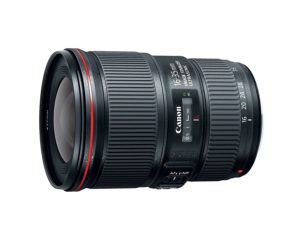
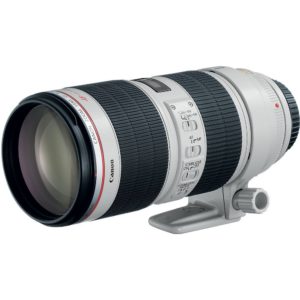
1 response to "APS-C vs Full Frame Sensor Cameras"